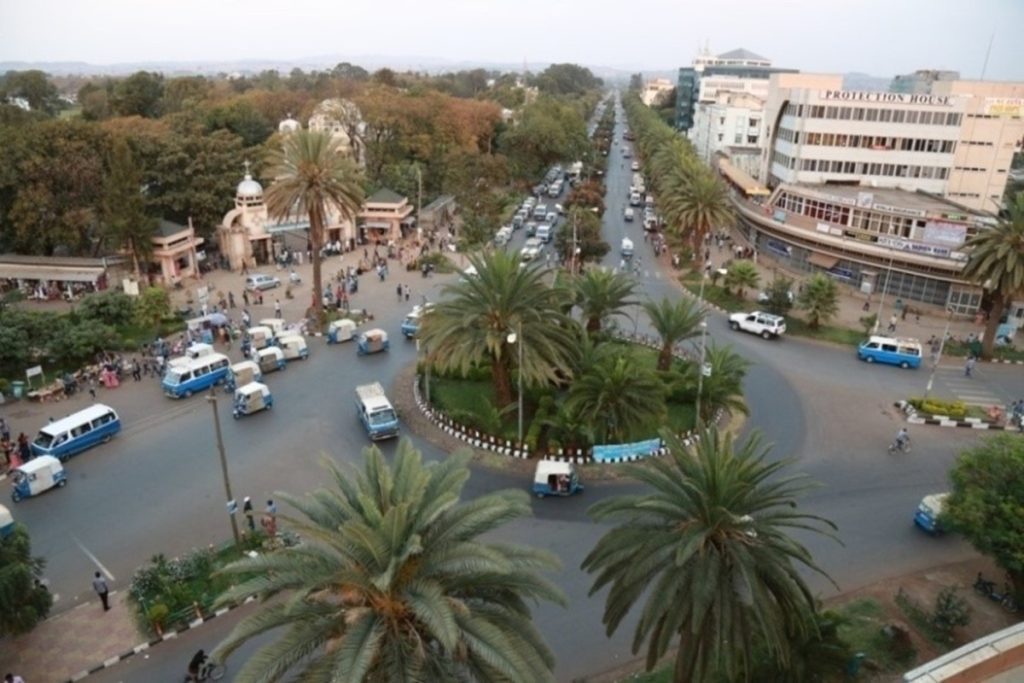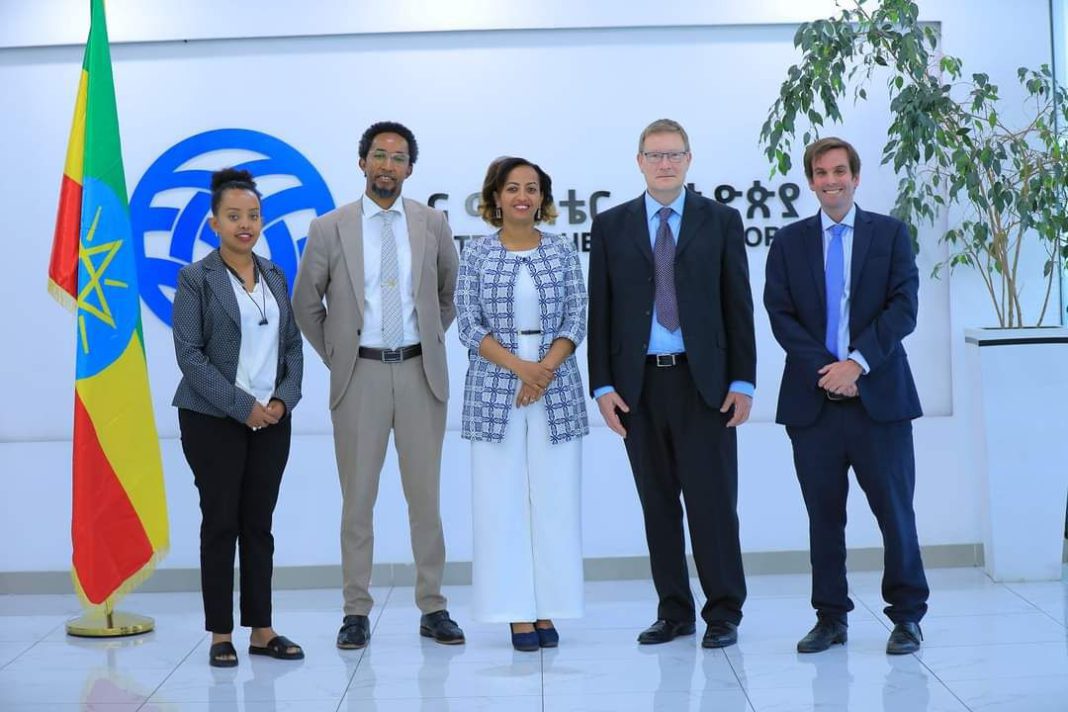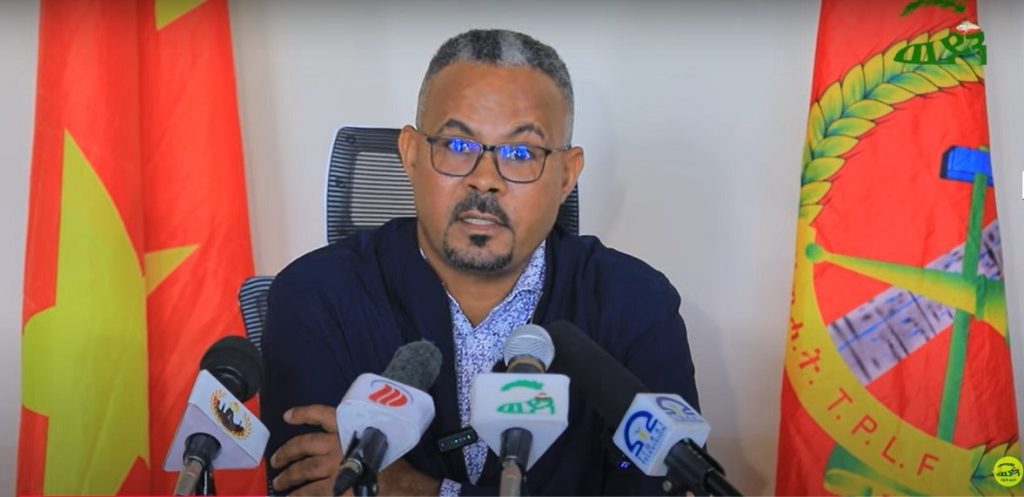Addis Abeba – Drivers in Ethiopia’s Amhara region are grappling with an acute gasoil shortage, leading the regional government to impose a weekly fuel quota system.
Speaking to Addis Standard, Bahir Dar resident Thomas Gebremariam shared the mounting challenges of acquiring fuel, attributing the crisis to illegal activities and black market dealings.
“Getting gasoline from filling stations has become extremely difficult,” said Thomas. “After refueling, it can take up to four days before you can refuel again.”
Thomas noted that black market prices have skyrocketed, with one liter of gasoline costing up to 225 birr. “Alternatively, you might have to pay an extra 1,000 birr to skip the line at filling stations.”
The shortage has left many drivers idle, he added. A driver from Gondar City, who spoke anonymously, echoed similar frustrations. “One liter of gasoline on the black market costs as much as 200 birr,” he revealed. “At stations, long lines are common, and even then, you might be told the fuel is out.”
In Debre Birhan city, residents face equally dire conditions. Antenew Ayele (name changed upon request), described how the crisis has caused transportation costs to soar.
“Bajaj fares for short trips have jumped from 10 birr to 15 birr in just a few weeks,” he explained. Antenew, who owns a freight vehicle, has halted operations due to the shortage. “Transporting fuel from nearby areas is banned by security forces, and violators risk imprisonment,” he said, adding that bribes are sometimes required at stations to secure fuel.
Government Response
To address the crisis, the Amhara Regional Trade and Market Development Bureau released a statement on 27 November 2024, detailing measures to stabilize the fuel supply. The bureau cited diesel shortages, worsened by Sudan’s instability—Sudan accounts for 75% of Ethiopia’s benzene imports—and the diversion of fuel to black markets as key factors behind the crisis.
Fantahun Fetene, the bureau’s deputy head, announced the introduction of a weekly refueling limit based on vehicle tank capacity. Drivers’ phone numbers, license plates, and next refueling dates will be logged to ensure compliance.
The bureau also reported seizing 135,507 liters of illegally transported fuel in the past quarter. Additionally, it emphasized a ban on unauthorized fuel sales and transportation in containers, except by licensed irrigation farmers.
Minister of Trade and Regional Integration Kassahun Gofe held discussions with fuel distribution companies on 27 November 2024, stressing their responsibility for addressing supply issues. He warned of severe penalties for companies violating regulations, including illegal nighttime sales and false shortage claims.
Broader Impact
The Amhara region is not alone in facing fuel shortages. In Sidama Regional State, drivers in Hawassa City report similar challenges, with black market prices reaching 170 birr per liter. Only three or four of the city’s more than 20 stations currently supply fuel.
To combat the illegal fuel trade, Sidama authorities have introduced a scheduling system and formed a task force with police to prevent nighttime sales.
National Measures
On 25 November 2024, the Trade and Tourism Standing Committee of the House of Peoples’ Representatives discussed a draft proclamation to regulate the petroleum products trade. The draft includes strict penalties for unauthorized fuel storage, sale, or transportation, with fines of 50,000–100,000 birr and imprisonment of up to three years.
The government hopes these measures will curb illegal practices and stabilize the fuel supply.
Source: Addis standard





